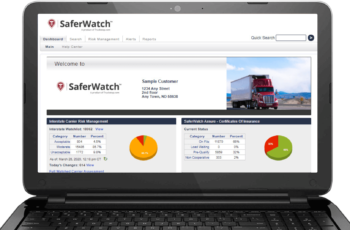
Carrier Vetting: 7 Ways Brokers Can Verify Quality Carriers
As a broker, you probably already know how important it is to vet your carriers. You can be held liable if you hire a trucking company that is then involved in an incident while moving freight. When just starting out, you may not be sure of the best way to go about checking each carrier’s








